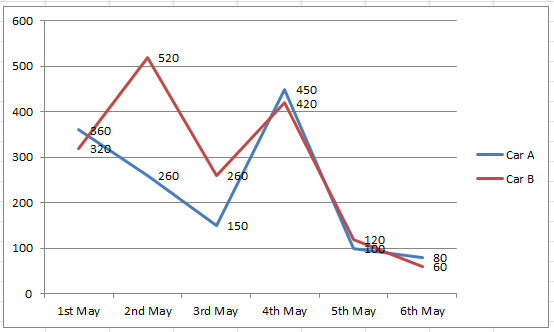Mangal Pandey birth anniversary.
The Prime Minister paid tribute to the hero of Sepoy Mutiny Mangal Pandey on his birth anniversary.
Context
The Prime Minister paid tribute to the hero of Sepoy Mutiny Mangal Pandey on his birth annive rsary.
About Mangal Pandey
- He was born on July 19, 1827, in a town near Faizabad, what is now eastern Uttar Pradesh state in northern India, although some give his birthplace as a small village near Lalitpur (in present-day southwestern Uttar Pradesh).
- He was from a high-caste Brahman landowning family that professed strong Hindu beliefs.
- He joined the army of the British East India Company in 1849 and he was made a soldier (sepoy) in the 6th Company of the 34th Bengal Native Infantry, which included a large number of Brahmans.

Rebellion against EIC
- He revolted against the East India Company for introducing cartridges that were greased with animal fat as it hurt the religious sentiments of the soldiers.
- Eventually, this movement of rebels reached other parts of India and which led to a mass revolt against the government.
- The movement of protest and rebellion came to be known as the Sepoy Mutiny of 1857, also known as the First War of Independence.
- On March 29, 1857, Pandey and his fellow sepoys rose up in rebellion against the British officers and even attempted to shoot them. As a result of this, he was executed on April 7, 1857, in Barrackpore.
- On May 6th, the entire 34th Bengal Native Infantry was disbanded ‘with disgrace’. This was carried out because an investigation ‘revealed’ that the soldiers had not restrained a mutinying soldier.
Remembrance
- In India, Pandey has been remembered as a freedom fighter against British rule.
- A commemorative postage stamp with his image on it was issued by the Indian government in 1984.
- In addition, a movie and stage play that depicted his life both appeared in 2005.
|
Revolt of 1857 (Sepoy Mutiny or First War of Independence)
|

